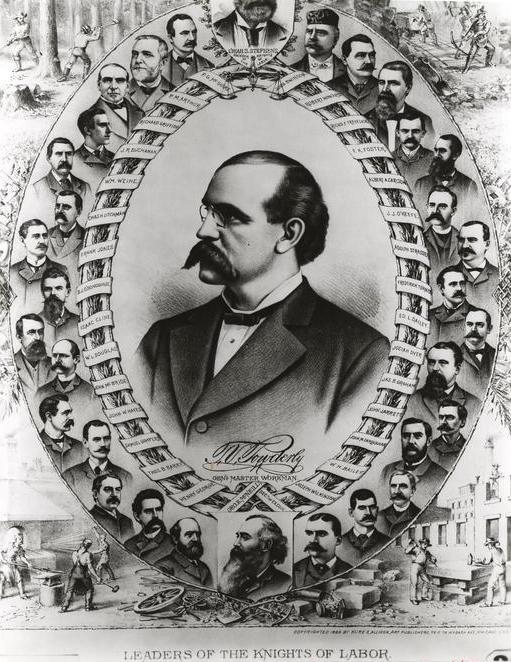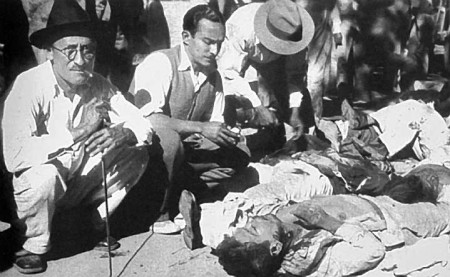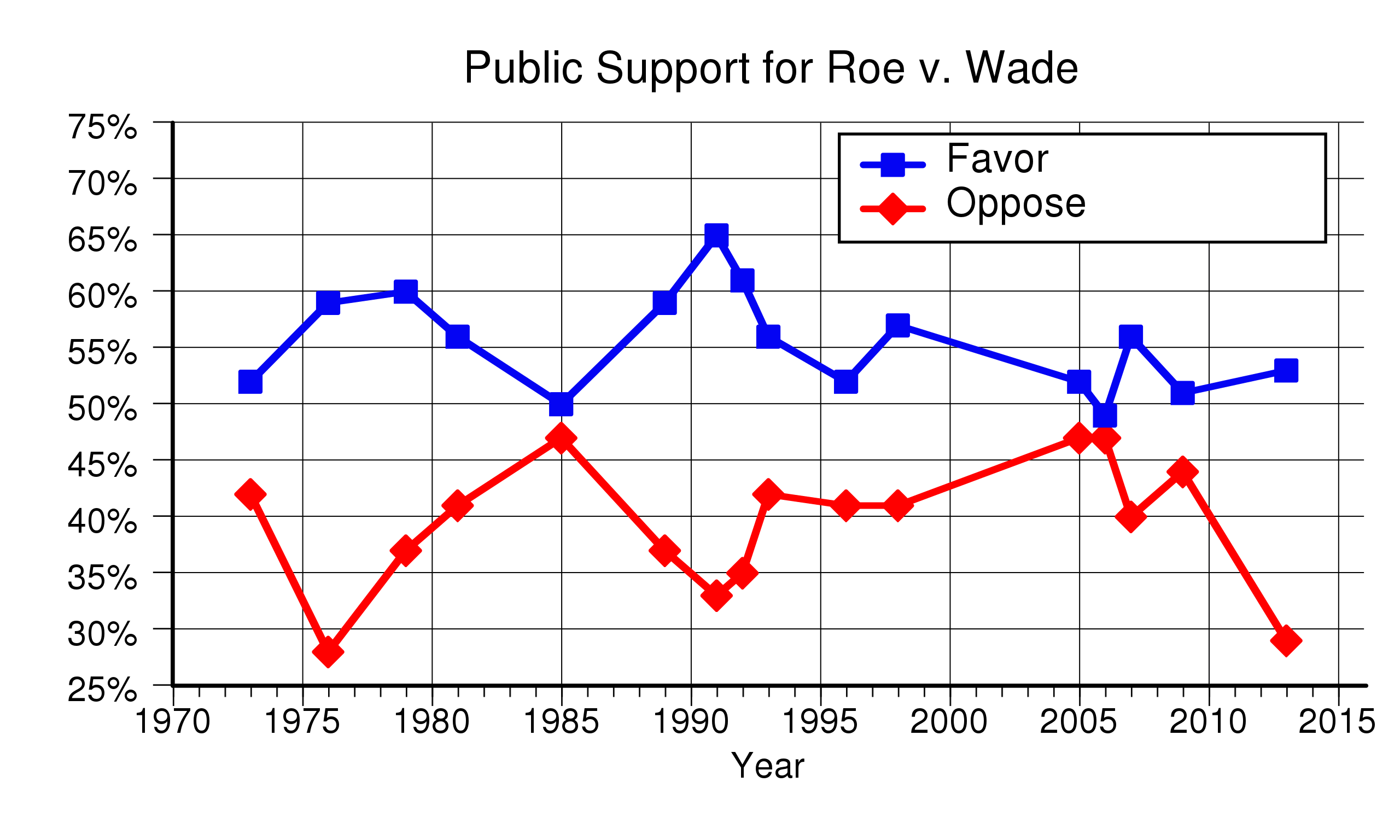1800s

Today in Labor History January 22, 1849: Terence Powderly, leader of the Knights of Labor, and mayor of Scranton, PA, was born on this date. the KOL attracted and spawned many radicals, including Daniel DeLeon. He went on to cofound the IWW and the Socialist Labor Party. Two of the Haymarket martyrs were also KOL members. The KOL also denounced strikes. However, like its more radical cousin, the IWW, it called for the abolition of the wage system. And like the IWW, fought to organize all workers into one big union, including women and immigrants. And, like the IWW, one of the KOL’s slogans was, “An Injury to One is the Concern of All.”

Today in Labor History January 22, 1890: The Knights of Labor Trade Assembly No. 135 and the National Progressive Miners Union merged to form the United Mine Workers of America. Their initial goals were improved mine safety, impendence from company stores, and collective bargaining. In 1898, they won the 8-hour day. By the 1930s, the UMW had over 800,000 members. However, their history was filled with bloody strikes. On April 3, 1891, deputized members of the National Guard killed at least 10 striking UMW members in the Morewood massacre. The cops killed 19 striking UMW members in the Lattimer Massacre, September 10, 1897. Eight UMW members and five private detectives died in the Battle of Virden, in October 1898.
1930s: First Soviets in the West

Today in Labor History January 22, 1932: Salvadoran communists, peasants and indigenous people rose up in rebellion against the military dictatorship, creating the first soviets in the Western hemisphere. In response, the military went on a rampage, killing 30,000 people in the “La Matanza.” The violence decimated what was left of the country’s indigenous population, as well as most of its socialists, communists, anarchists and labor organizers. One of the first to go before General Martinez’ firing squads was guerilla leader Farabundo Marti (for whom the FMLN guerrillas took their name). Martinez once said that America was great because it wiped out its Indians and so, too, must El Salvador. Eduardo Galeano talks about La Matanza in his novel, “Memory of Fire.”
1970s-1990s

Today in Labor History January 22, 1973: The Supreme Court of the United States delivered its decisions in Roe v. Wade and Doe v. Bolton, legalizing abortion in all fifty states.
Today in Labor History January 22, 1987: Philippine security forces opened fire on a crowd of 10,000–15,000 demonstrators at Malacañang Palace, Manila, killing 18, in the Mendiola Massacre. The protesters were mostly farmers, workers and students demanding land reform from President Corazon Aquino.
Today in Labor History January 22, 1997: 150,000 South Korean workers walked off their jobs to protest recent anti-labor legislation. The recent strike wave had already “cost” South Korean corporations about $3 billion in lost production.